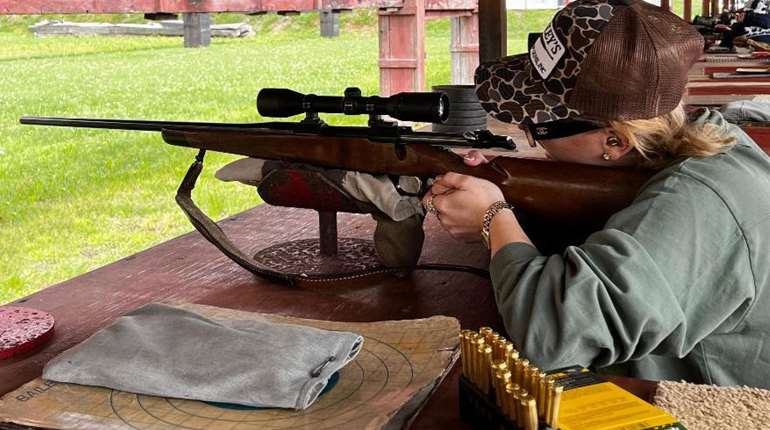
Crimes like rape, date rape, kidnapping, and even muggings or assaults often require the criminal to gain your trust. He does this so he can get you alone, get physically close to you (within attack range), or convince you to go along with some plan that’s going to lead you into danger. Even con-men who do not plan to use physical violence, but who will hurt you financially or otherwise, will employ some of these methods.
These kinds of criminals use specific strategies to try to earn your trust. Author and security expert Gavin de Becker lays out a list of these strategies in his excellent book The Gift of Fear, and we’re going to take a look at each strategy to show you what it looks and sounds like and how you can guard against it.
Loan sharking is done by violent criminals, white-collar criminals, and what we traditionally think of as loan sharks, who lend out money and then collect a larger debt in return. It can even be done by hapless dudes at the bar just looking to pick someone up. The goal of a loan shark is to give you something—at the bar, it’s buying you a drink; in a criminal encounter, it’s probably some help with something like carrying your groceries—in order to make you feel like you now owe him something, even if that something is just conversation.
He wants you in his debt. He’ll offer to help you carry that heavy box from your car to your apartment, and after he does so, he hopes you’ll feel obligated to talk with him or even invite him in. You’re a little too drunk at a party and he offers to walk you back to your dorm room or drive you home. Is he just being a good guy? In all likelihood, yeah. But maybe not.
How to Defend Against Loan Sharking
First, like with all these other strategies, context is key. Where are you? Who else is around? Do you know this person? Remind yourself of two key points: He approached me, and I did not ask for help. If you’ve already accepted the help and you’re realizing maybe his intent isn’t so pure, remember that you owe no one anything. This doesn’t mean you never accept help from anyone—what a sad world that would be. It does mean that you pay attention to who offers you help and why they might be doing so, particularly when you’re in a vulnerable situation.
If you do need help in a vulnerable situation, you’re far better off to ask for it than to accept it from someone who offers it unsolicited. The odds that you’ll select a dangerous criminal are astronomically low, and even more so if you ask another woman. If there’s only one person around to ask, that’s a context clue: You’re in an isolated area with a stranger. Be suspicious of unsolicited offers of help in this context, especially when used with other criminal strategies.
And if you’ve already accepted help from someone who is now laying on a guilt trip, subtly or overtly, remind yourself that you don’t owe this stranger anything just because he did something nice for you.














































